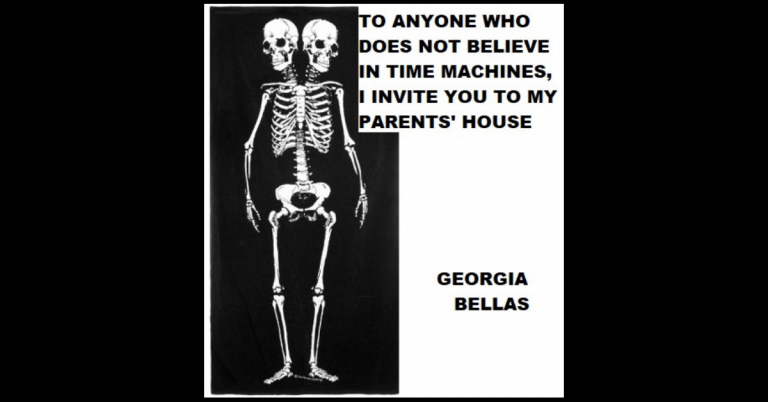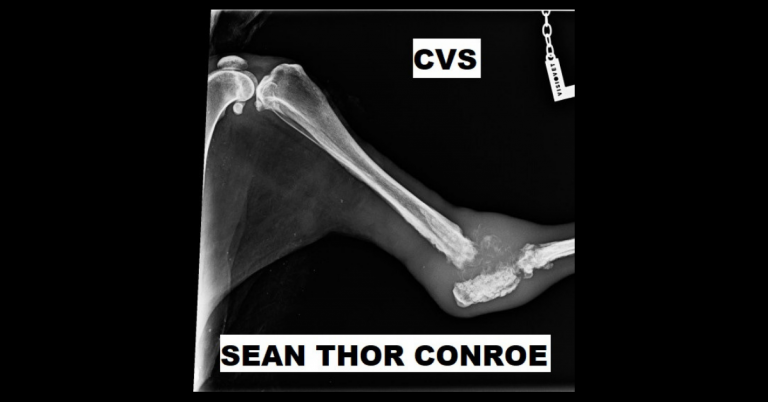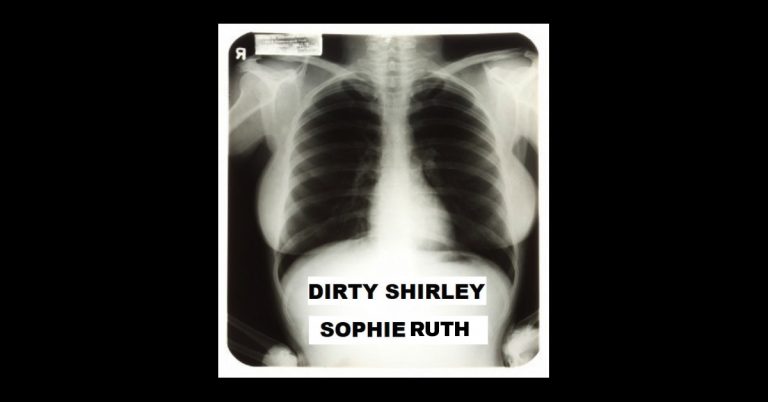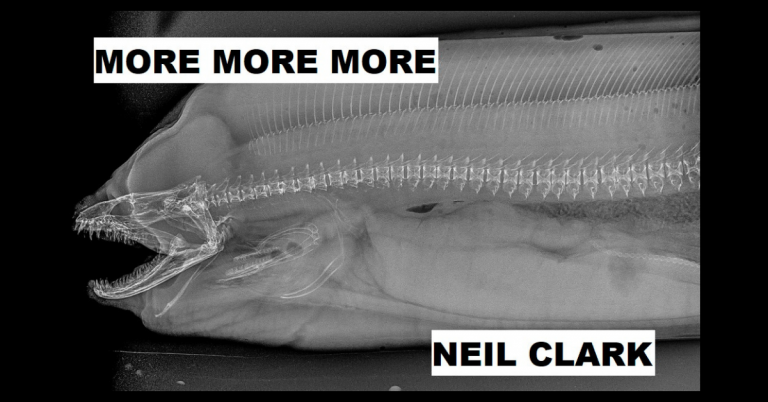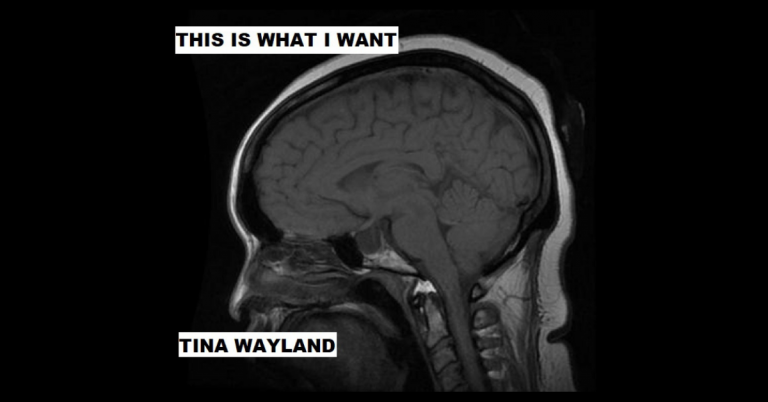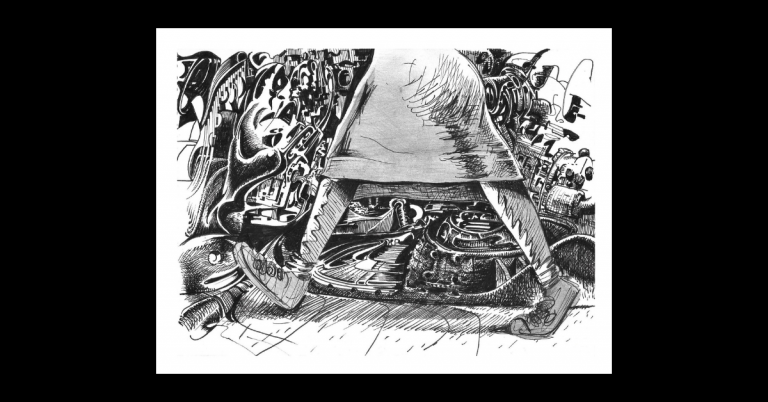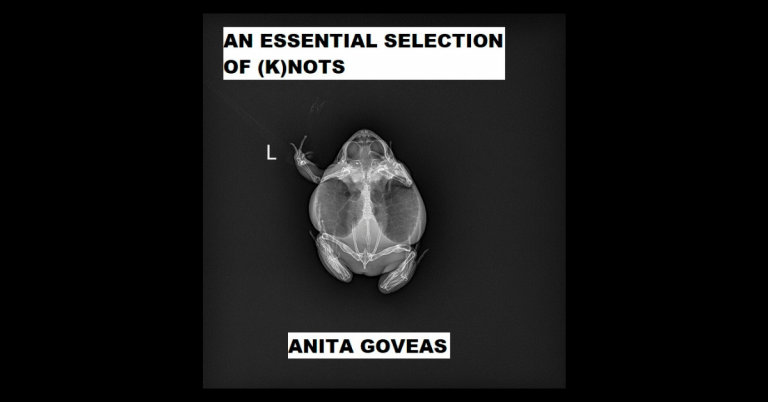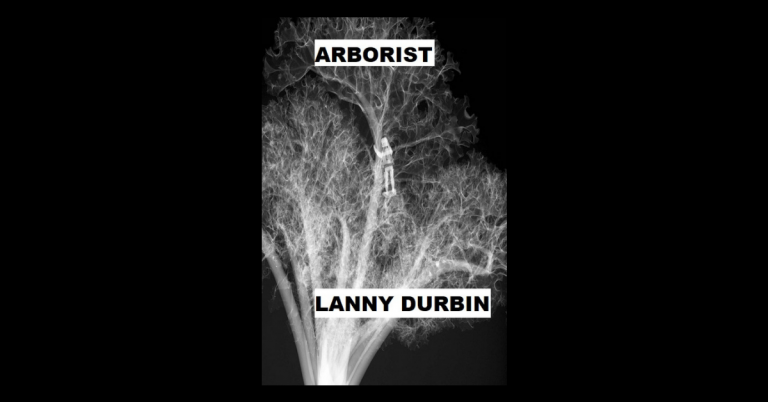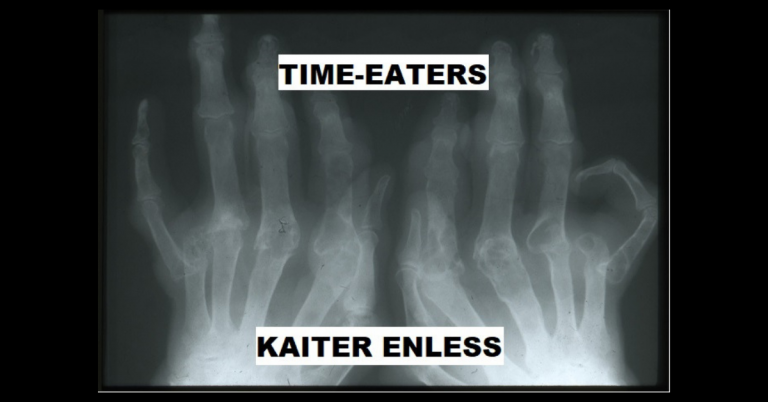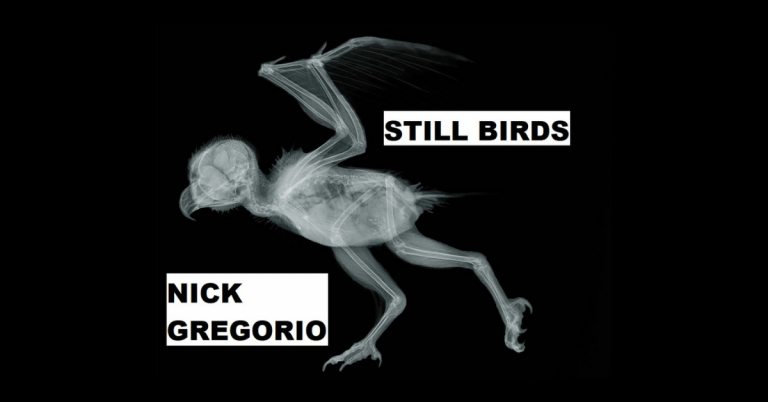
STILL, BIRDS by Nick Gregorio
Joe’s head bursts and fills the office with blue birds. Singing, chirping, flying figure eights around the ceiling fans. The red-faced, foamy-mouthed ranting Bill just popped Joe’s head with should’ve produced something more vicious. Snakes exploding in every direction like those gag cans sold at junk shops in malls. Or badgers, gnashing their teeth, snarling, sinking their teeth into people’s calf muscles. But blue birds flying, tweeting Jackson 5 tunes, swooping, diving, gliding, barrel rolling over the network of cubicles is…I guess that sort of thing just doesn’t add up for me. Standing in a mess of bird nest that

